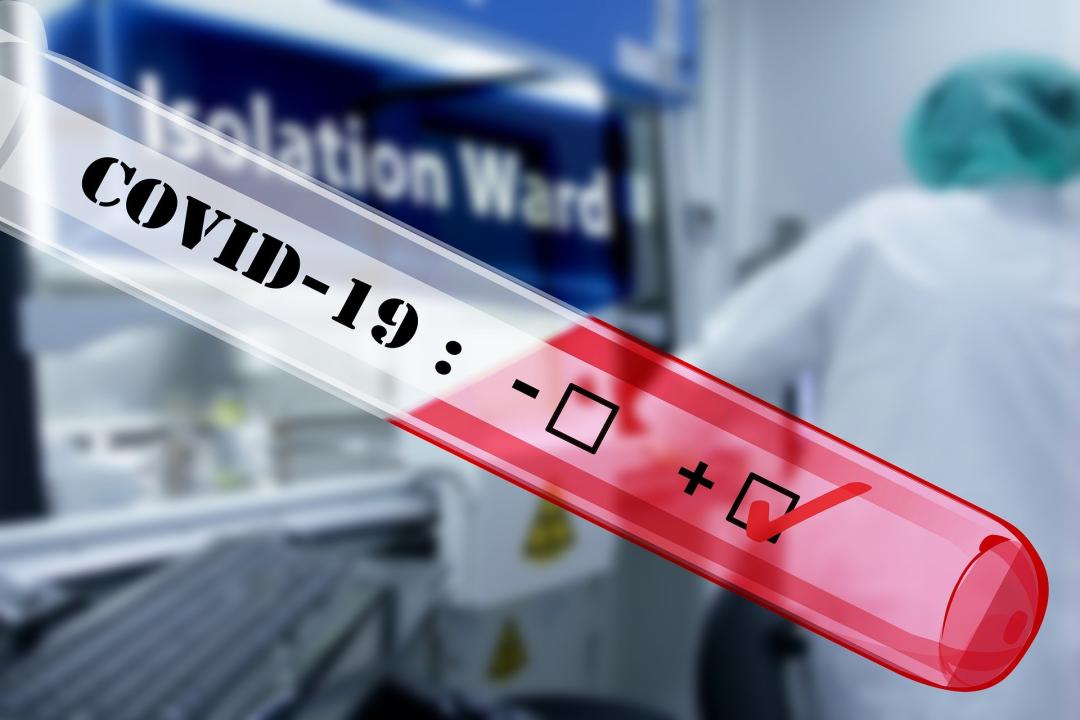
Covid-19 update in Azerbaijan and Georgia

Azerbaijan
On 8 September, the Azerbaijani government lifted the restrictions on entry and exit from Baku, Sumgayit, and Absheron region (except for intercity and inter-district passenger transportation). In addition, customer service in the indoor catering facilities will be allowed if businesses comply with the relevant rules of the quarantine regime, according to the new rules.
Another resolved issue was in regard to parental worries about sending their children to school during the pandemic. The option was given to the parents to sign a form and to continue the education for their children from a remote setting.
The European Union (EU) and the World Health Organization (WHO) gave 129 oxygen concentrators and 60 pulse oximeters to Azerbaijan’s Ministry of Health. These tools are to help patients recover from severe illness of the pandemic. The equipment was procured by the WHO Regional Office for Europe, with funding from the EU, through the Solidarity for Health Initiative.
Speaking publicly on 31 August, the country’s President Ilham Aliyev hailed the country’s fight against the pandemic, saying that timely measures to curb the spread of the pandemic have helped to keep the situation under control. He reminded the public that the country has 46 hospitals for Covid-19 patients and that 45 laboratories were established compared to 6 at the start of the pandemic. He also spoke about the purchase of the Covid-19 vaccine, saying that the government is actively working with several companies to bring the vaccine to Azerbaijan.
The current tally of infected persons in the country stands at 37 557, with 552 reported deaths.
Georgia
On 7 September, the Georgian government announced 4 new decisions in order to promote more effective management in the fight against Covid-19 spread in the country.
The new measures include: 1) the reduction of quarantine period to 8 days instead of 12; 2) all foreigners entering would be obliged to submit PCR tests before entering the country; 3) education in Batumi and Kobuleti in Georgia's Adjara region will continue remotely until 1 October; and 4) stricter control over social events and rituals will be introduced.
In his words, the situation is fully under control.
A day later after the decisions were adopted, the country reported 45 new cases of infection, which was the highest number of new cases since the start of the pandemic. The total tally now stands on 1729 cases, with 19 reported deaths. The Medical Director of Tbilisi Infectious Disease Hospital Marina Ezugbaia said that out of 45 new cases, 23 were detected in the Adjara region, and that the region might be declared a “red zone” in the country. Prime Minister Giorgi Gakharia stated that everything is still under control despite the rise of cases.
The country also reported positive news on the economic side of affairs. According to the latest data from Georgia’s National Statistics Office (Geostat), foreign direct investments (FDI) in the country amounted to $237.8 million in the second quarter of 2020, which is a 0.5% increase compared to the same period of 2019. The main investors to Georgia were the UK (24.8%), Netherlands (22.4%), Turkey (13.3%) and the US (8.4%). Georgia’s Economy Minister Natia Turnava said that the increased rate of FDI in the second quarter of 2020 proves that despite the pandemic the Georgian economy is gradually recovering. The prime minister's advisor for economics Beka Liluashvili says that the increase in foreign direct investments indicates that investors trust Georgia’s economic policy.
The country’s Deputy Finance Minister Giorgi Kakauridze also unveiled how much foreign debt Georgia has accumulated during the pandemic. He noted that $1.5 billion was borrowed when the anti-crisis plan was presented, of which $900 million has already been received and that Georgia will have a three-year grace period to repay this debt.
See Also


Mirzoyan Meets US Deputy Assistant Secretary Joshua Huck

Azerbaijani President Holds Talks with UAE and German Business Delegations on Economic Cooperation

Grigoryan Confirms Armenia’s Readiness to Dissolve OSCE Minsk Group Upon Peace Treaty Signing

Azerbaijani Official Warns of Ecological Risks to Caspian Sea, Similar to Lake Urmia and Aral Sea

